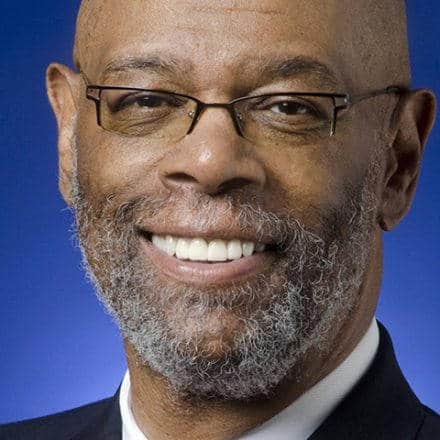
NNPA NEWSWIRE — If you could draft the truth about your life today and make sure that when people spoke at your funeral, they spoke of your service to the Lord, would you have to change course, or could you stay the course? What would you need to change or do differently?
Spiritually Speaking
By James A. Washington, Publisher, Dallas Weekly
My immediate reaction to a recent sermon I heard was to share it. Although this was not the topic of the message, the pastor’s comment about life and death made me think about my own obituary.
It seems that the inventor of dynamite got an unusual chance to read his own obituary and was very irritated about what it said about him. The question that this little-known fact made me think about was, “How will God respond to mine?” Better yet, “How would I respond to my own obituary?”
I mean if you could design and write your own epitaph, wouldn’t you want it to reflect in some way a life with God at the center of it?
I once heard that one’s greatest enlightenment is to know the will of God. The greatest achievement is to do the will of God. If you could draft the truth about your life today and make sure that when people spoke at your funeral, they spoke of your service to the Lord, would you have to change course, or could you stay the course? What would you need to change or do differently?
In the case of Alfred Nobel (of the Nobel Prizes) he didn’t want to be eulogized as the guy who invented wholesale slaughter for a profit. Because he supposedly read a premature obituary about himself, he established the Nobel Prize (in his will) to leave a gift to mankind that the world celebrates every year. That dynamite thing almost never comes up.
My point is if they wrote your obituary today, would it please you? Would it please God? If not, do you know why not?
In this instance, the thought of my own death prompted me to think, “What had I done for God lately that others might see and maybe appreciate?”
At a very personal level, I began to wonder how much I was doing simply out of the love for God, rather than the fear of monumental consequence. Do I follow the Lord out of faith in unconditional grace or because I’m afraid of what will happen to me if I don’t? If you’re talking about God’s rules, that becomes a very interesting question. Is my obedience to God based on fear or is my obedience based on love?
You see whatever anyone says in my obituary, I’m pretty sure God will know the truth of it all. We all want to be remembered fondly. The thing that made me think about this was the reality that new life, eternal life begins at death. The quality of that life might just begin with what your spiritual obituary says. If you know that then you also know you can start to rewrite your obit today, starting right now.
I just thought that it might be a beneficial exercise to commit, from today forward, to crafting a life that, when spoken of at its celebration, you would be proud to show it to God.
We all know we’ll be held accountable for our new life as we conclude our old one: the physical one.
I’m reminded that I often refer to our ability to influence that dash; that thing between when we are physically born and when we physically die. We have no say about the beginning and a little at the end. But how we handle the dash in between will serve us well for eternity. It will be what makes up our obituaries.
Pay attention to your life. You cast a wider net than you could possibly know.
May God Bless and Keep you Always.
James A. Washington is a father, husband, Christian, writer, entrepreneur and the owner/publisher of the Dallas Weekly.

